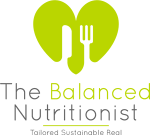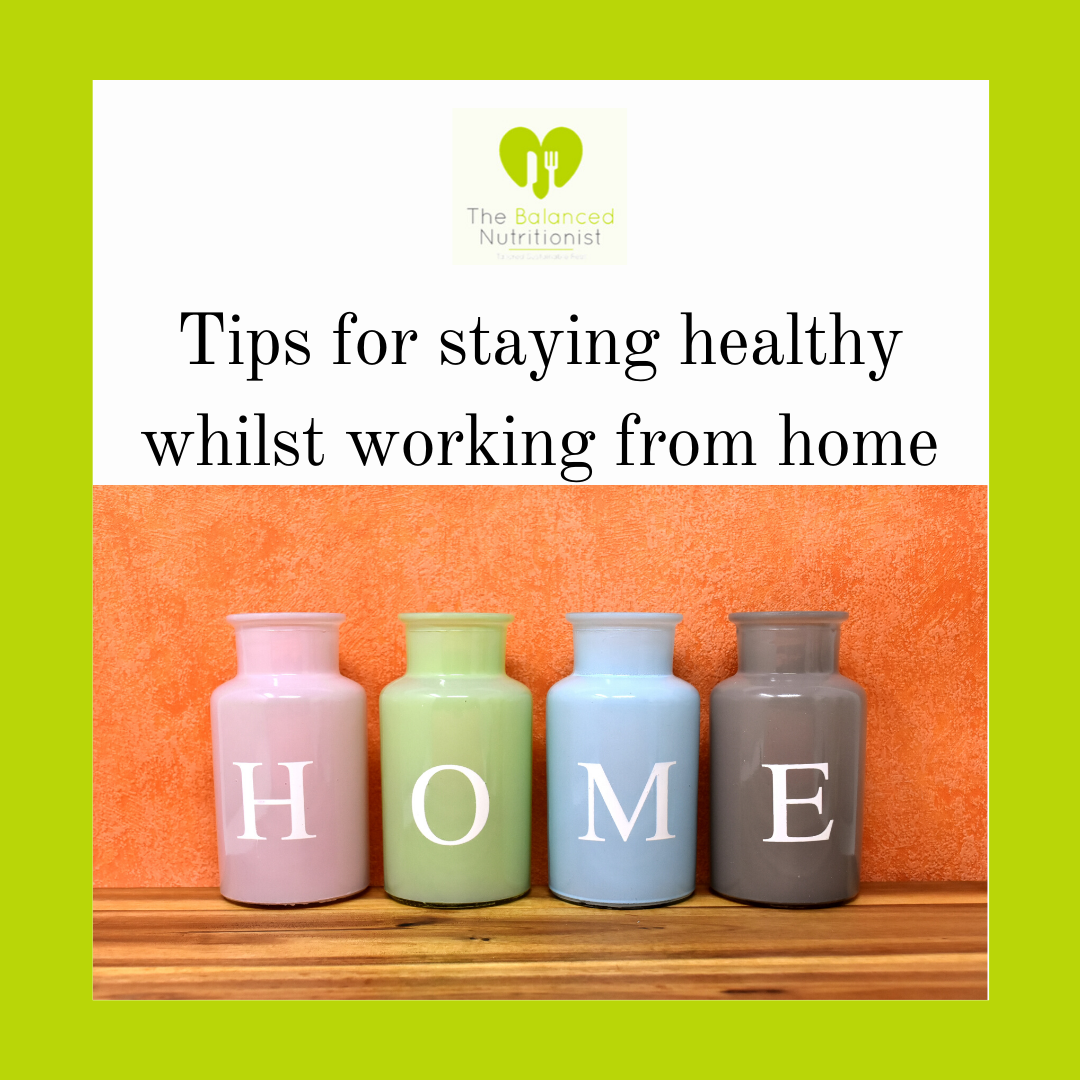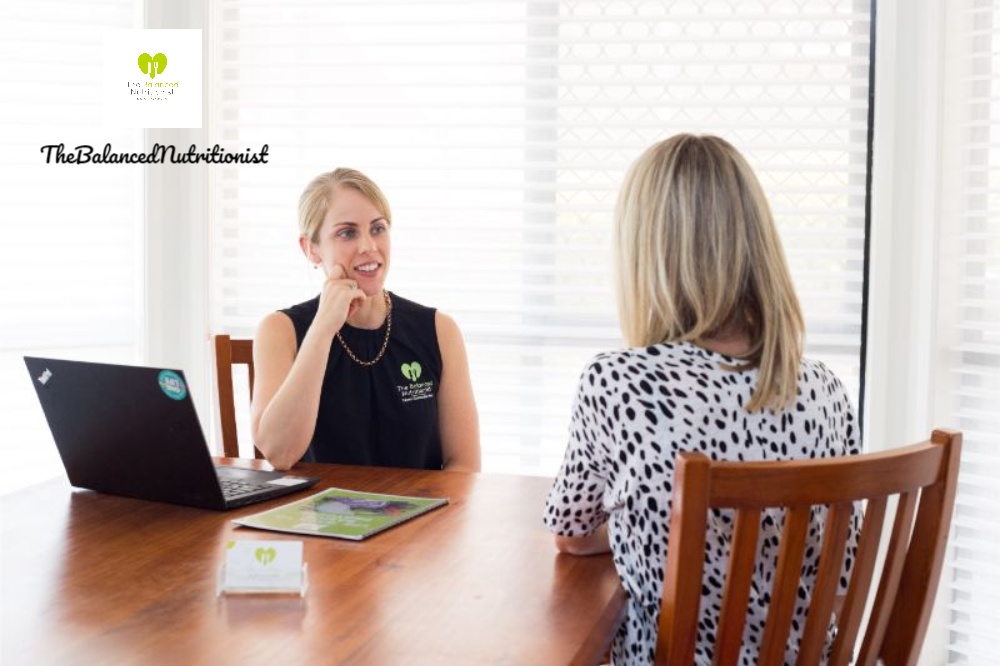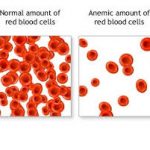Here at the Balanced Nutritionist and throughout our online Back 2 Basics course, we encourage you to consider an 85/15 approach to health. I.e. 85% of the time we do believe in eating really good, wholesome healthy foods, moving a reasonable amount, getting enough sleep etc. But the other 15% allows for some relaxation. We believe you should be able to enjoy an ice cream in the movies from time to time, have a pizza with some friends or sit in front of Netflix and share a bowl of popcorn…. Guilt-free too. This is where ‘mindful enjoyment’ comes in.
Mindful enjoyment means that you are able to wholeheartedly enjoy the ‘15%’ which is when you don’t eat the ideal foods for you and you include more occasional foods.
‘Enjoying’ means:
–NOT feeling ‘guilty’ because you are doing something indulgent
–NOT feeling anxious or stressed whilst OR after you do enjoy something indulgent
–Consciously choosing to indulge in something outside of your typical foods because you can and because you feel like it.
–NOT ‘overdoing’ things when you are eating more indulgent foods. I.e. you should always choose consciously, eat these foods slowly so you can savour them and stop before they make you feel ill.
Question…. What’s the point of scoffing a whole tub of ice cream only to finish and realise you’ve eaten it so fast you didn’t enjoy it AND you now feel ill? Wouldn’t you be better off enjoying a small bowl of ice cream slowly, tasting each mouthful, and then stopping before it makes you feel sick?
If the following things are happening then you are NOT experiencing mindful enjoyment and there may be some stress and anxiety to resolve when it comes to food…
–Eating sugary or junky food because you are really stressed out (i.e. instead of choosing to do this consciously it’s a knee-jerk reaction to stress and overwhelm).
–Eating occasional foods extremely fast and in big quantities to the point where you feel quite ill… and may not even remember making the decision to start eating them in the first place!
–Feeling extremely guilty for having even the smallest amount of indulgent food.
–Feeling guilty after indulging and turning to vigorous exercise, or very strict restrictions in the days that follow…. E.g. starving yourself, or eating nothing but vegetables, or deciding you need to rapidly detox because you were ‘so bad.’ (which you weren’t of course… you were human!).
Food should not cause stress or anxiety like this. Here are some tips that may help you begin to experience more mindful enjoyment and less guilt. Please be mindful that we are not mental health professionals and you may need to consult with a counselor or psychologist if you continue to feel very overwhelmed when it comes to food.
10 Tips to Help you achieve Mindful Enjoyment
- Always remember that what we do occasionally does not matter. It’s what we do most of the time that counts.
- Always remember that food is a celebration. Indulgent food can bring family and friends together and be part of important milestones in life to be enjoyed. Not feared.
- Always remember that you will not undo everything because of 1 or 2 bad meals!
- Try to take control of negative thoughts in your head if you are experiencing negative self-talk during indulgences. Turn any of these internal conversations into positive thoughts / positive affirmations instead. Use phrases that work for you.
- If you turn to food when you are stressed, try to actively find other ways to manage stress. This may include listening to meditations, going outside and taking 5 big deep breaths, hugging your dog, journaling, or going for a walk around the block. It may even mean bigger changes like…. Speaking to your boss about your workload OR even checking in and making sure that areas of your life LIKE your work ARE truly fulfilling?
- When eating indulgent foods (actually all foods in general), chew slowly, enjoy the texture and the flavours of the food, put your knife and fork down between mouthfuls, and don’t rush. Stop when you have had enough… not when you feel sick or are completely pogged.
- Always remember that occasional foods will always be there. You don’t have to eat the entire pizza in 1 hit…. Thinking you will never eat pizza again! Pizza will be there next time if you feel like it 🙂
- Always drink plenty of water.
- Try not to think of food as ‘good’ and ‘bad.’
- If you are experiencing cravings often for sugary or salty foods then take a look at your overall diet. Are you enjoying some carbohydrates each day? Some fresh fruits? Are you having a bit of protein with all of your meals, particularly breakfast? Is there plenty of healthy fats in there? Are you hydrated? Are you exercising more than you used to and perhaps need more food? (refer to lesson 7 in this case). If you need more help fine-tuning things then book in to see us.
We spend an entire lesson going through the concept of Mindful enjoyment in our Back 2 Basics online course… maybe we’re not available to new clients right now, or maybe you’re not ready to see someone face to face? That’s ok… the Back 2 Basics online course will guide you towards a healthy, happy lifestyle over the next few months from the comfort and safety of your own home.
Our relationship with food is just as important as the food we eat. Work on mindful enjoyment… if you can’t mindfully enjoy treats you will forever be in a cycle of punishment and guilt. Be happy. Be healthy. And embrace mindful enjoyment.
Katie and Nicole are still on maternity leave, but we prepared these resources in advance and we hope you find them helpful. For updates on return dates etc. you can check the maternity updates page here.
While we are waiting for the official date as to when Katie will be back for consults, feel free to call or email us so we can put you up on the waitlist to be contacted when Katie opens up her schedule. Our current list is constantly growing and we would highly suggest you put your name on the list so we can prioritize you. You can call our office number (07) 3063 2710 or you can email Michelle at appointments@thebalancednutritionist.com.au (she is available between 8 am-4 pm Brisbane time). You can definitely leave a voicemail and she will get back to you as soon as she is available.
Have a lovely day folks!- Katie 🙂







